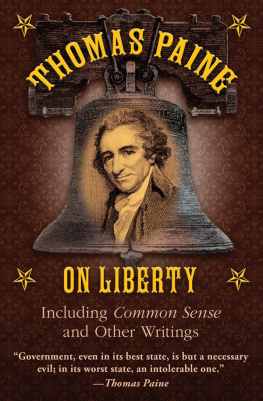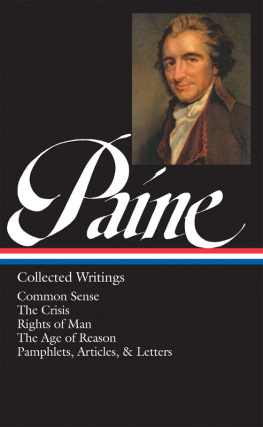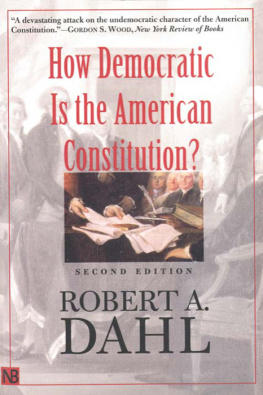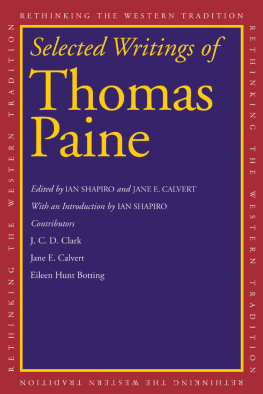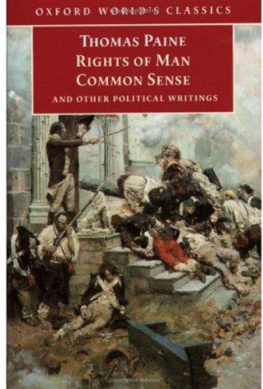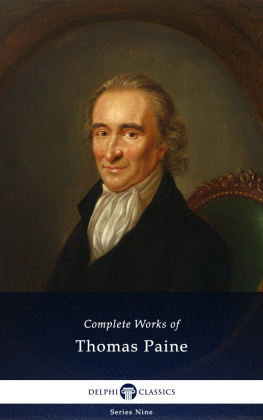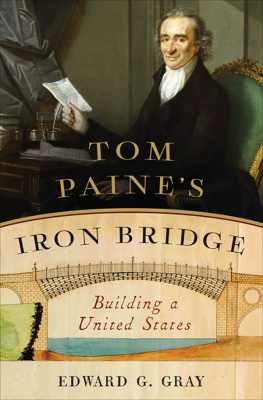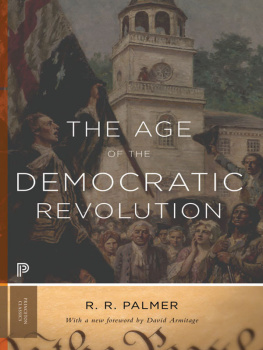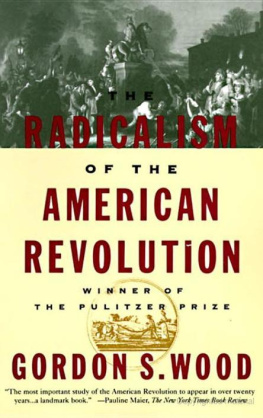Seth Cotlar - Tom Paines America: The Rise and Fall of Transatlantic Radicalism in the Early Republic
Here you can read online Seth Cotlar - Tom Paines America: The Rise and Fall of Transatlantic Radicalism in the Early Republic full text of the book (entire story) in english for free. Download pdf and epub, get meaning, cover and reviews about this ebook. year: 2011, publisher: University of Virginia Press, genre: Politics. Description of the work, (preface) as well as reviews are available. Best literature library LitArk.com created for fans of good reading and offers a wide selection of genres:
Romance novel
Science fiction
Adventure
Detective
Science
History
Home and family
Prose
Art
Politics
Computer
Non-fiction
Religion
Business
Children
Humor
Choose a favorite category and find really read worthwhile books. Enjoy immersion in the world of imagination, feel the emotions of the characters or learn something new for yourself, make an fascinating discovery.

- Book:Tom Paines America: The Rise and Fall of Transatlantic Radicalism in the Early Republic
- Author:
- Publisher:University of Virginia Press
- Genre:
- Year:2011
- Rating:3 / 5
- Favourites:Add to favourites
- Your mark:
Tom Paines America: The Rise and Fall of Transatlantic Radicalism in the Early Republic: summary, description and annotation
We offer to read an annotation, description, summary or preface (depends on what the author of the book "Tom Paines America: The Rise and Fall of Transatlantic Radicalism in the Early Republic" wrote himself). If you haven't found the necessary information about the book — write in the comments, we will try to find it.
Tom Paines America explores the vibrant, transatlantic traffic in people, ideas, and texts that profoundly shaped American political debate in the 1790s. In 1789, when the Federal Constitution was ratified, democracy was a controversial term that very few Americans used to describe their new political system. That changed when the French Revolutionand the wave of democratic radicalism that it touched off around the Atlantic Worldinspired a growing number of Americans to imagine and advocate for a wide range of political and social reforms that they proudly called democratic.
One of the figureheads of this new international movement was Tom Paine, the author of Common Sense. Although Paine spent the 1790s in Europe, his increasingly radical political writings from that decade were wildly popular in America. A cohort of democratic printers, newspaper editors, and booksellers stoked the fires of American politics by importing a flood of information and ideas from revolutionary Europe. Inspired by what they were learning from their contemporaries around the world, the evolving democratic opposition in America pushed their fellow citizens to consider a wide range of radical ideas regarding racial equality, economic justice, cosmopolitan conceptions of citizenship, and the construction of more literally democratic polities.
In Europe such ideas quickly fell victim to a counter-Revolutionary backlash that defined Painite democracy as dangerous Jacobinism, and the story was much the same in Americas late 1790s. The Democratic Party that won the national election of 1800 was, ironically, the beneficiary of this backlash; for they were able to position themselves as the advocates of a more moderate, safe vision of democracy that differentiated itself from the supposedly aristocratic Federalists to their right and the dangerously democratic Painite Jacobins to their left.
-- Rosemarie Zagarri, George Mason University, author of Revolutionary Backlash: Women and Politics in the Early American RepublicSeth Cotlar: author's other books
Who wrote Tom Paines America: The Rise and Fall of Transatlantic Radicalism in the Early Republic? Find out the surname, the name of the author of the book and a list of all author's works by series.

